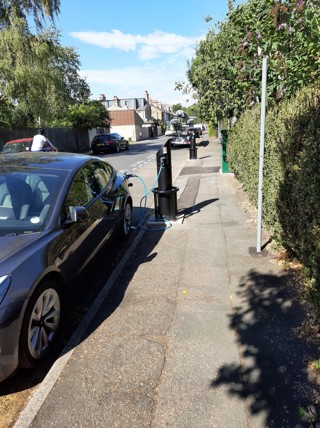New research shows SMEs take a strategic approach to vehicle sourcing, and the decision to source or replace a new vehicle is often dictated by external events.
In the second module of a three-part in-depth examination of the market dynamics of the buoyant SME (Small and Medium Enterprise) sector, by automotive industry research and insight agency Sewells.
Researchers found that fleet suppliers who could supply the right vehicle at the right price within the shortest timescale were the most likely to win the order.
Report editor Mark Sutcliffe, said: “Hands-on managers focused on day-to-day operations don’t have the time or resources to compare the market, they just want something that will do the job – and typically they want it as soon as possible.
“Smaller SMEs are not strategic in sourcing their vehicles – often, external factors such as a terminal breakdown or punitive excess mileage charges trigger the search for a new vehicle. Suppliers who can source the right vehicle at the right price and have it delivered the following week maximise their chance of winning the business.”
Unlike larger fleets, which may have a replacement vehicle available or be able to afford a rental vehicle to bridge the gap, SMEs typically operate on much finer margins and are more likely to ‘run a vehicle into the ground’ than replace it before it reaches the end of its useful life.
If a van is written off in an accident or suffers a major mechanical failure and is off the road, the impact on the business is immediate and profound. The driver can’t earn money for the company and the company may also lose customers if they aren’t able to deliver. Owners of SMEs simply can’t afford this to happen: if a vehicle suffers a catastrophic failure, their over-riding priority is to find a replacement.
Even something as simple as an MOT failure for a vehicle with a six-figure mileage on the clock may prompt an SME customer to ring round their local dealers to see what else is available. The dealer who can locate a vehicle that will meet the customer’s needs and deliver it the same week will most likely secure the order.
“There may be better or even cheaper options on the market, but if the customer has to wait much longer than a couple of weeks, they are likely to look elsewhere,” said Sutcliffe.
The research also underlined the premium placed on vehicle reliability and after-sales service in the SME sector, with many SMEs benchmarking their suppliers using similar criteria by which they themselves are judged by their clients.
Sewells’ research found that ‘disrupting events’ or ‘destabilising experiences’ can colour SME decision makers’ perception for many years and trigger a shift to a different manufacturer or dealership when a vehicle is due for replacement.
At the other end of the service spectrum, where an after-sales provider does manage to establish a long term relationship with an SME customer, not only are they extremely unlikely to place the business elsewhere, they will often give the supplier first refusal when they need to source new vehicles.


















Login to comment
Comments
No comments have been made yet.